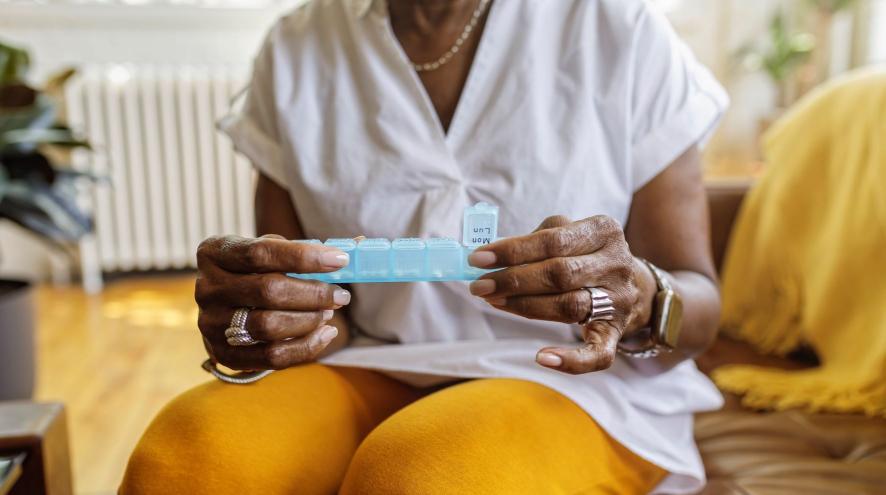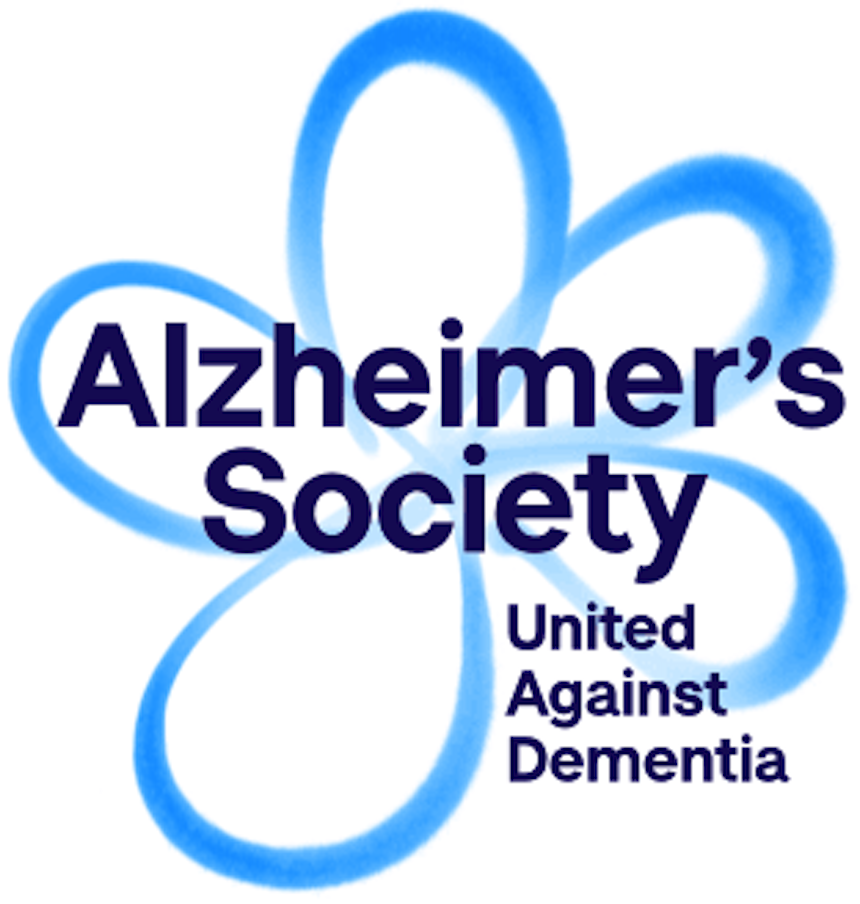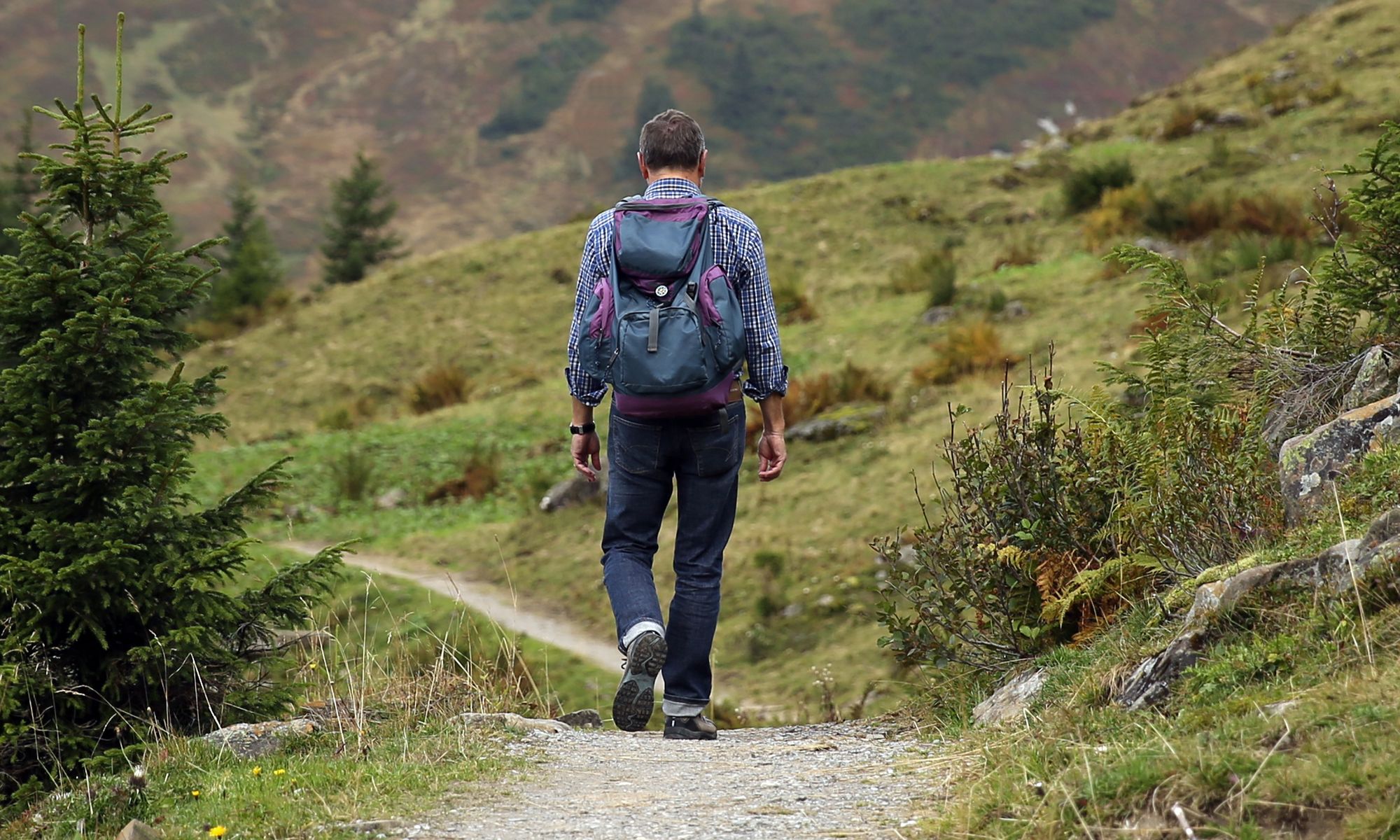Physical activity
Dementia has cognitive, behavioural as well as physical symptoms. To maintain physical function and decrease boredom and frustration as causes of challenging behaviour, it is important to keep active for people with dementia. Physical activity can provide a welcomed distraction from the stress of the illness and help the person focus on the positive and fun aspects of life. The level of activity suitable for each person with dementia is quite different. Physical activity does not necessarily mean working out. By engaging in activities in daily life, you can promote maintaining physical function as well.
Think safety first. Do not initiate activities that can harm the person with dementia.
Give them a reason to move. The activity should have a goal right now. There is little motivation for persons with dementia to hear “it’s good for you in the long run.” If you want the person to stand up from their chair, it can be better to ask them to bring you something, than to instruct them to stand up.
Enforce activity by promoting independence. As a caregiver, there is a fine line between helping someone and taking over for someone. Even though for instance the dishes are not done to your standard, there is activity for the person with dementia in doing the dishes, or assist in doing them, in contrast to watch them being done.
Keep in mind what the person liked to do before dementia. Is there some way you can adjust the activity to the resources they have right now?
Do not force the person with dementia. It is OK to try to motivate the person with dementia, as some might initially say “no” as a safe answer. However, there is no point in doing activities they do not enjoy doing.
Ask yourself what the person needs to manage the activity. Grocery shopping might be a too complicated task to accomplish, but can the person with dementia accompany you to the store or maybe assist in pushing the cart?
Physical activity is hard without motivation. It might be challenging to motivate persons with dementia to stay active. Music might help in some cases, but most important is to give them a reason to move.
The body needs rest. Remember to plan for relaxation and calm moments between activities.
https://www.alz.co.uk/


https://www.dementiaguide.com/

Comments
Sign in or become a DemiCare member to join the conversation.








